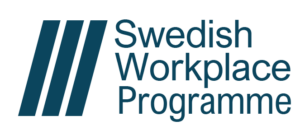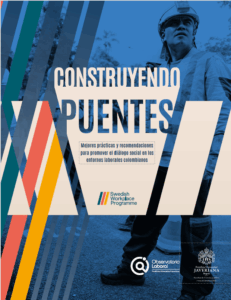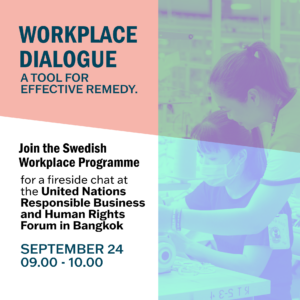The Challenge
The benefits of having a diverse and inclusive workplace are well documented. Such workplaces are associated with greater organisational performance, innovation, employee wellbeing and better recruitment and retention. Despite all these benefits, the International Labour Organization has noted that globally only 48.5% of women (compared to 75% of men) are in the labour force. Those women who are in the labour force experience a wide “range of disadvantages including discrimination at recruitment and during employment and vertical and horizontal occupational gender segregation.” Some of the major barriers to women’s full participation in the labour force include gender stereotypes, lack of access to skills development opportunities and primary responsibility for family care.
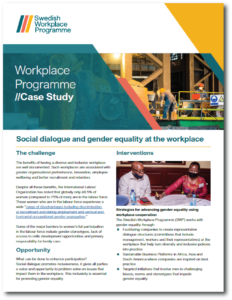
Opportunity
What can be done to enhance participation?
Social dialogue promotes inclusiveness, it gives all parties a voice and opportunity to problem solve on issues that impact them in the workplace. This inclusivity is essential for promoting also gender equality.
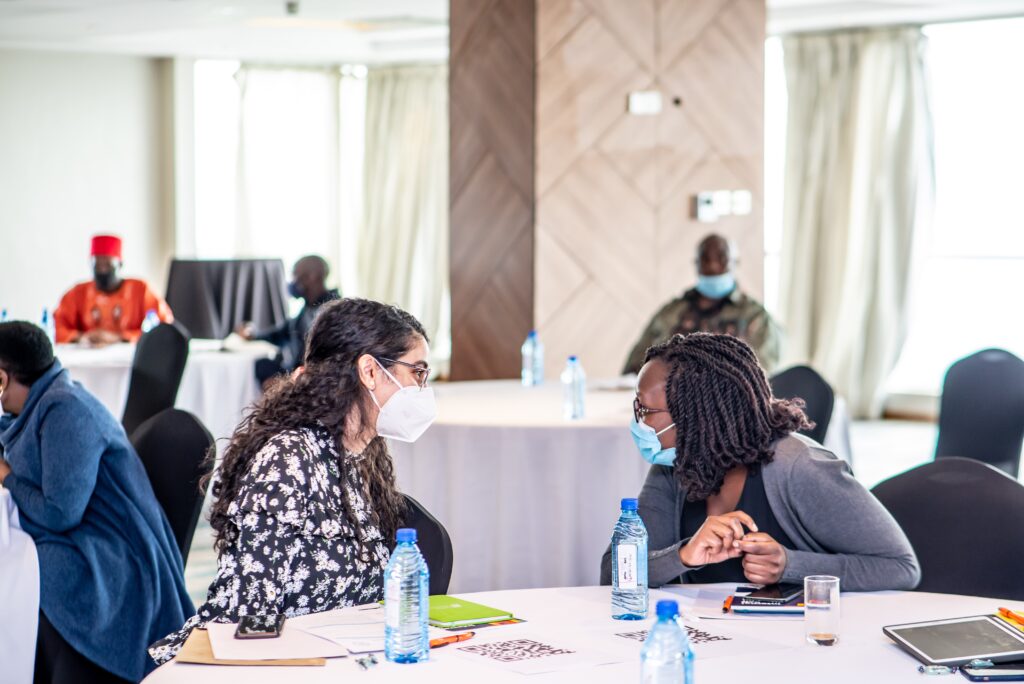
Strategies for advancing gender equality using
workplace cooperation
The Swedish Workplace Programme (SWP) works with gender equality through:
- Facilitating companies to create representative dialogue structures (committees that include management, workers and their representatives) at the workplace that help turn diversity and inclusion policies into practice.
- Targeted initiatives that involve men in challenging biases, norms and stereotypes that impede gender equality
- Sustainable Business Platforms in Africa, Asia and South America where companies are inspired on best practice
2 examples from the SWP:

Women Empowerment Programme – Colombia
3 companies operating in male dominated sectors in Colombia used their Diversity and Inclusion Committees to initiate empowerment programmes tha drive women’s personal and professional development while contributing to sustainable business. The committees identified lack of skills development and horizontal segregation as impediments to the achievement of company gender targets. The majority of women working in the companies were in administration and support roles with limited scope to move within the organisations.
Through the SWP Women Empowerment Programme (run by women from the companies) action plans have been developed with initiatives for:
– Leadership development and programme management
– Challenging biases
– Raising awareness on gender being an issue that affects both men and women
Impact at the Workplace
- Women have voice and agency. Gender is mainstreamed into all company initiatives and committee members serve as reference group for corporate projects.
- Dialogues now reflect the workplace composition including women and other marginalised groups.
- At one company an internal review on recruitment and selection procedures was conducted to minimise bias. Amongst other measures, published vacancies were modified to include commitment to diversity and inclusion, and to promote inclusive language, for example, by removing gendered nouns.
- Another company noted an increase in recruitment of women into the security sector as a result of the diversity and inclusion initiatives.
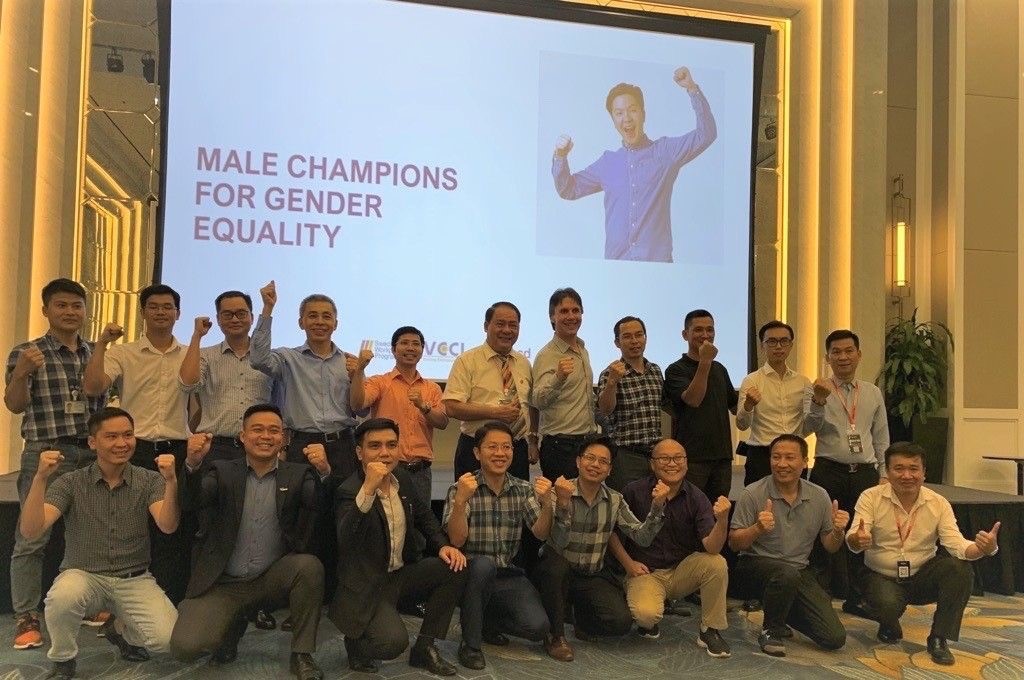
Male Champions for Gender Equal Workplaces – Vietnam
Vietnam has one of the highest female labour-force participation rates in the world and has a relatively high proportion of females in management positions compared to other Asian countries. However, persisting patriarchal attitudes and normative stereotypes regarding gender roles and responsibilities persist. Gender bias can confine Vietnamese women to caregiving roles, stopping them from considering different types of work and from advancing professionally. The prevalent gender norms are also a burden for men. The study, “Masculine Anxiety and Interrupting Sexism at Work”, shows that many men suffer from distress over not living up to rigid masculine standards. This form of anxiety is strongly related to male-dominated workplaces that reward stereotypically masculine behaviours such as dominance, toughness, ruthlessness and putting work first.
Against this background, a platform for male mangers from different companies has been launched in Hanoi. It creates space to reflect and talk about masculinity norms and raise awareness on the role men play in creating more gender equal and inclusive workplaces. The programme is part is of a holistic approach that includes both men and women in changing attitudes, challenging gender stereotypes and creating positive role models in the workplace.
